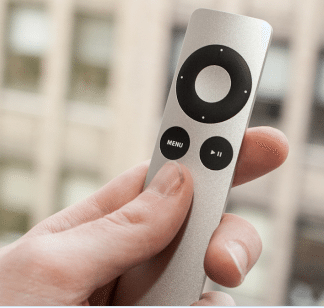Yes, I try to be a good liberal every chance that I can, but honestly, I can’t help but think that this NSA surveillance business is a big yawn. We live in an electronic, connected world. We provide information via phone, cable TV, Internet, e-mail, texts, check boxes (especially after we’ve all thoroughly read the 28 page privacy statement that all website provide us with), billing address is same as mailing address online forms when we buy something, credit card information (stored on a third party server), Facebook, Twitter, Skype, Tumblr, picture sharing sites and on and on and on.
Now we learn that the government, in the name of national security and with the acquiescence of the executive, legislative and judicial branches, has gathered this data (I believe that “scooped” is the reigning cool-person way to describe it) and could use it to discover patterns in our behavior. If they wanted to. It’s disturbing, but I cannot share the outrage. I saw it coming, and when I was a corporate technology trainer in the 1990s, I made a point of warning every student who sat in my class that everything they did on a computer, whether on the Internet or in a Word document, was fair game for any eyes that wanted to pry. This is ever more true today. People ignored or minimized this at their peril. And this was before September 11, when the corporations and government had even less of an excuse to watch us.
Okay, perhaps I’m being naive and obtuse and blind and I’m ignoring dangers that other can clearly see, but I don’t think so. Maybe this article is absolutely wrong, but again, I don’t think so. Yes, I understand that there’s a difference between willingly giving your data and the government mining for it, and I certainly don’t want the government to get used to taking data that citizens have not freely given it, but in a way, we have.
This is also part of our history, and has been going on since the Alien and Sedition Acts. And the 1917 Espionage Act. When we signed on to Truman’s Doctrine of containing Communism, we tacitly agreed that the government could check that we were loyal. Joseph McCarthy went too far and was too reckless. Richard Nixon did similar things, but he was elected VP and president and had J. Edgar Hoover to both support and threaten him. When they went too far, the Congress reined them in. So it will be today.
The problem now is that the threat of attack is too real and the consequences too terrible to let our guard down for even a second. The Chinese and Iranians are conducting cyberattacks that threaten our systems. How would you like the government to respond? By only following the bad people? That’s like asking the police to only shoot or arrest bad guys. Most times it happens, but when it doesn’t we react with a fury that sometimes ignores facts or circumstances. The same is true today. The NSA’s job is to conduct information-gathering and use that data to find patterns of behavior that might lead to terrorism. To say that they should not be gathering all of the data that they can is counterproductive.
That the press has reported this story based on a whistle-blowers actions shows that our system still works. The government will be held accountable. At this point, that’s good enough for me.
For more, go to www.facebook.com/WhereDemocracyLives and on Twitter @rigrundfest









